BEIRUT/ LONDON: The mysterious assassination of a top Syrian army officer and right-hand man to President Bashar al-Assad has triggered intense speculation about a crisis inside the Damascus regime over its complex relations with Iran, Hizbullah and Israel.
According to a report, the seaside murder of Brigadier-General Muhammad Suleiman was perpetrated by a sniper firing from a yacht moored offshore.
Suleiman was described by Syrian officials as dealing with defence and security issues in Assad’s private office. Israeli and Syrian opposition sources claimed he worked as “liaison” with the Iranian-backed Lebanese group Hizbullah, Israel’s sworn enemy.
Suleiman, 49, was killed on a beach near the Syrian resort of Tartous on Friday.
Assad was in Iran when his trusted aide was buried on Sunday. But senior figures, including Assad’s brother Maher, the head of the presidential guard, were present at the funeral in the heartland of the Alawite sect that dominates the regime.
Assad was holding talks with Iran’s supreme leader, Ayatollah Ali Khamenei, and president, Mahmoud Ahmadinejad, over Tehran’s nuclear programme and relations between the two regional allies and Hizbullah.
Assassinations are very rare in Syria and Suleiman’s murder was the first since the Hizbullah commander Imad Mughniyeh was killed in February by a car bomb in Damascus, causing huge embarrassment to the regime. Hizbullah accused Israel’s Mossad secret service of that assassination but the results of the Syrian investigation have never been disclosed.
Iranian media has quoted “informed sources” as claiming that the sniper was an Israeli. Israel declined to confirm or deny any connection with the killing. But Israeli sources suggested that the ongoing indirect peace talks between Israel and Syria meant this was unlikely to be the case.
Syria’s tightly controlled official media did not report on the killing. But Syrian sources confirmed that Suleiman was shot by a silenced weapon in the head and neck on a beach at al-Rimal al-Zahabiyeh resort near Tartous, where, like other privileged Syrians, he owned a chalet. He dealt with “sensitive stuff”, said one.
One distinct possibility is that the killing may have been an internal settling of scores. A Syrian with high-level contacts inside the regime linked it to a power struggle between Assad and his military intelligence chief, Assef Shawkat, set off by the Mughniyeh killing.
“After Mughniyeh’s assassination the president apparently stripped Shawkat of many of his powers,” the source said. “Suleiman would have been involved in that process and it was known that Shawkat hated Suleiman.”
Suleiman acted as Assad’s point of contact with the army and helped oversee a shake-up of the security services in the weeks leading up to his death, several sources said.
Andrew Tabler, a Damascus-based political analyst, tied Suleiman’s assassination to strains over Syria’s relations with Iran and Damascus’s indirect talks with Israel. “The major issue now facing Syria is its relationship with Iran and Hizbullah and how it can reconcile that with talking to Israel,” said Tabler. “The assassination means there is a power struggle going on in Syria and it most probably concerns Iran. People like this don’t just die unless something is going on.”
Israel makes no secret of its wish to “detach” Syria from its odd-man-out alliance with Iran, demanding that it also sever its ties with Hizbullah and the Palestinian Islamists group Hamas, now controlling the Gaza Strip.—Dawn/ The Guardian News Service

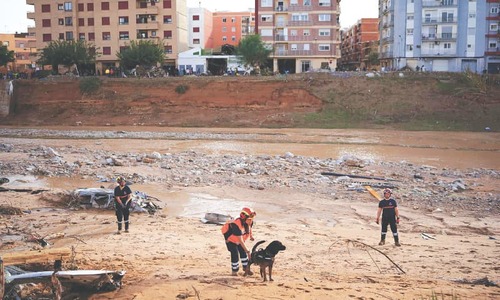
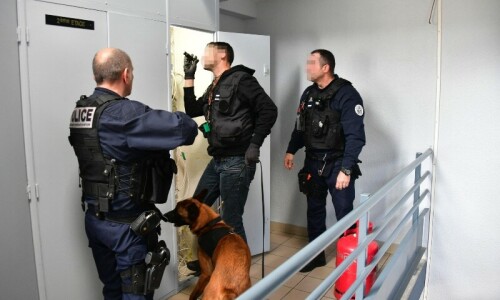














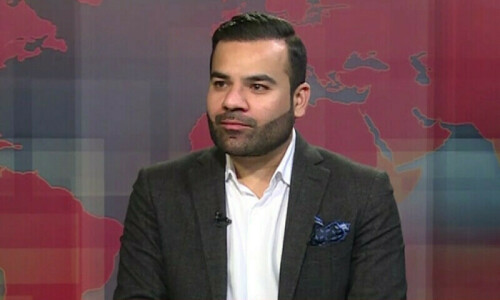
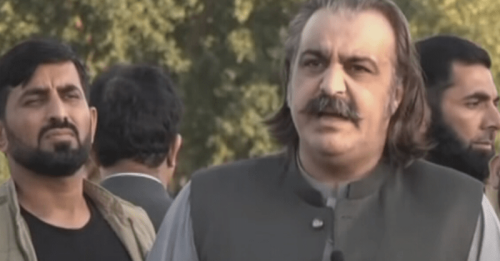

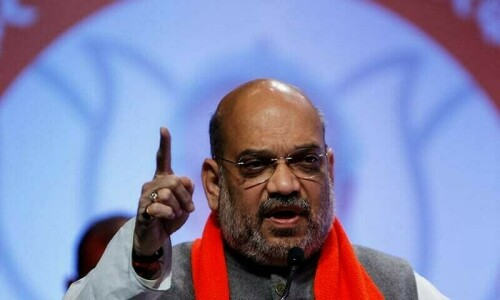




















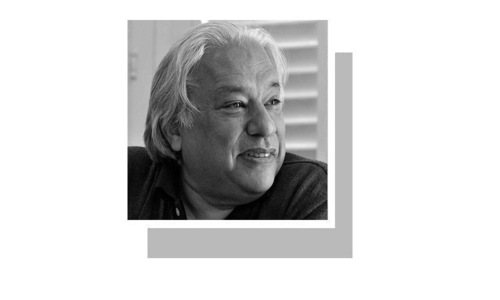

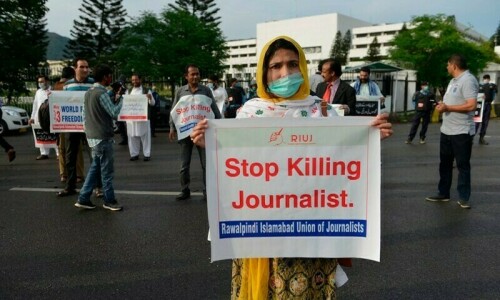


Dear visitor, the comments section is undergoing an overhaul and will return soon.